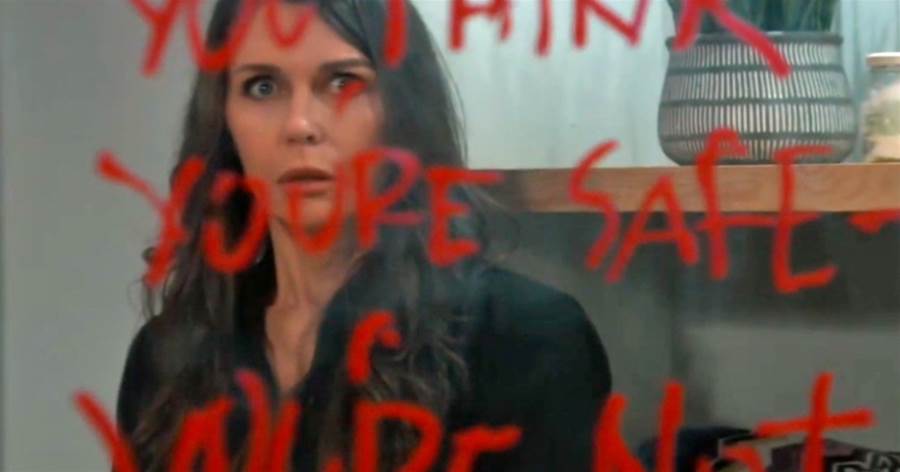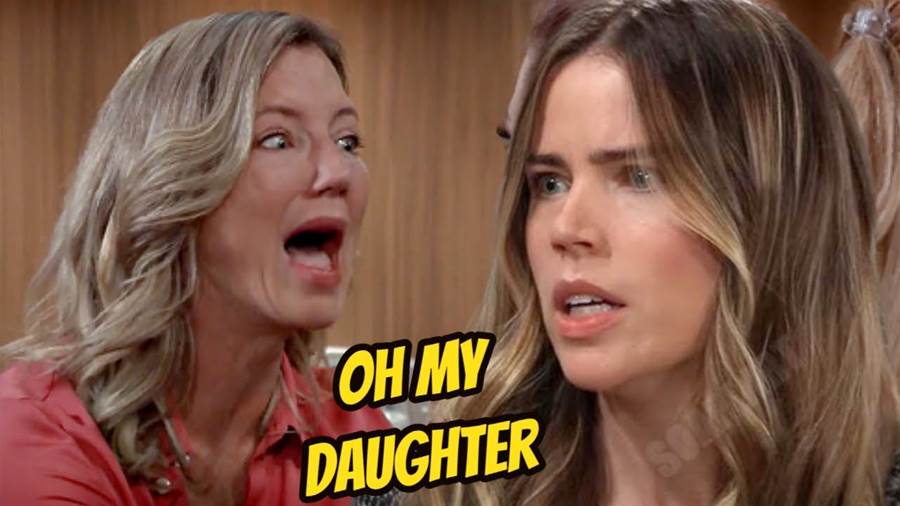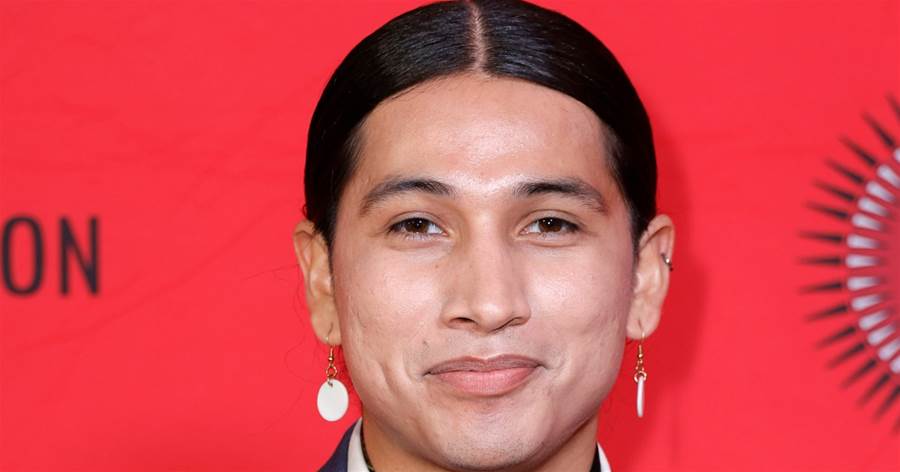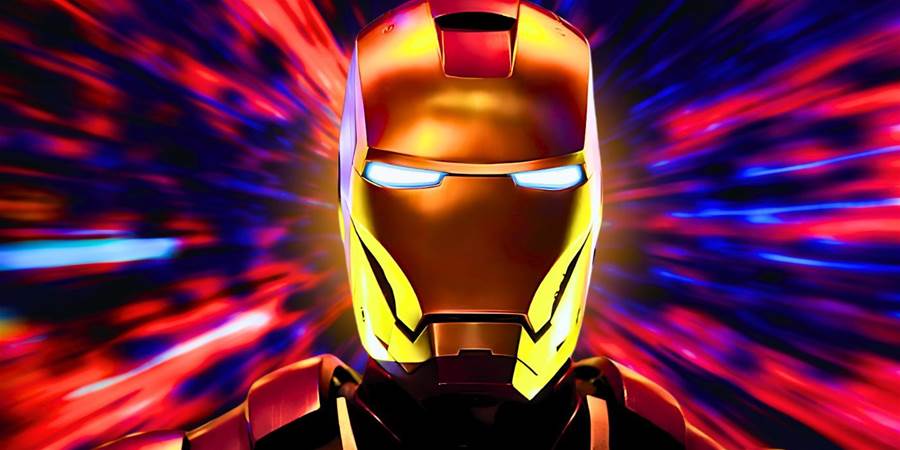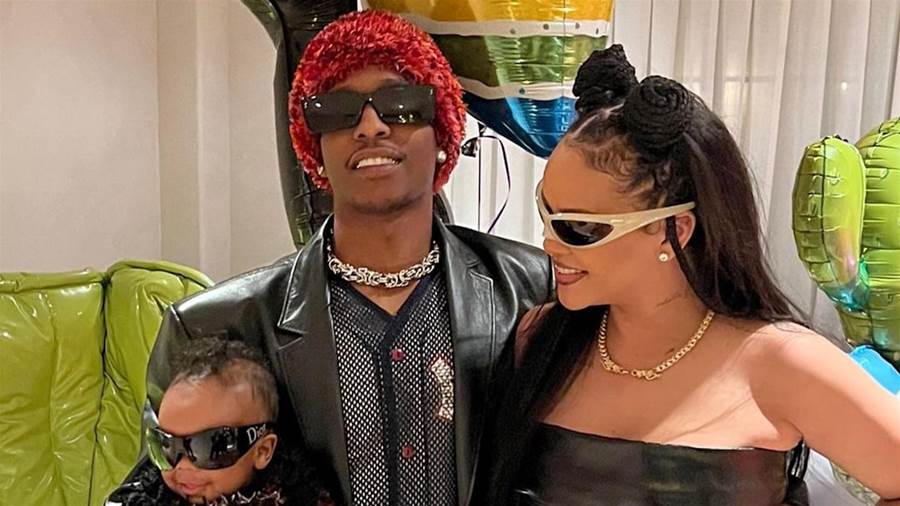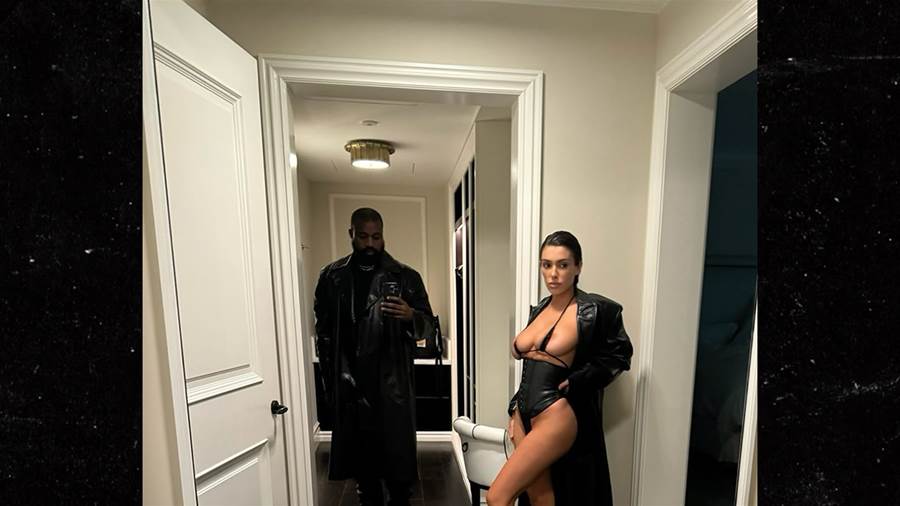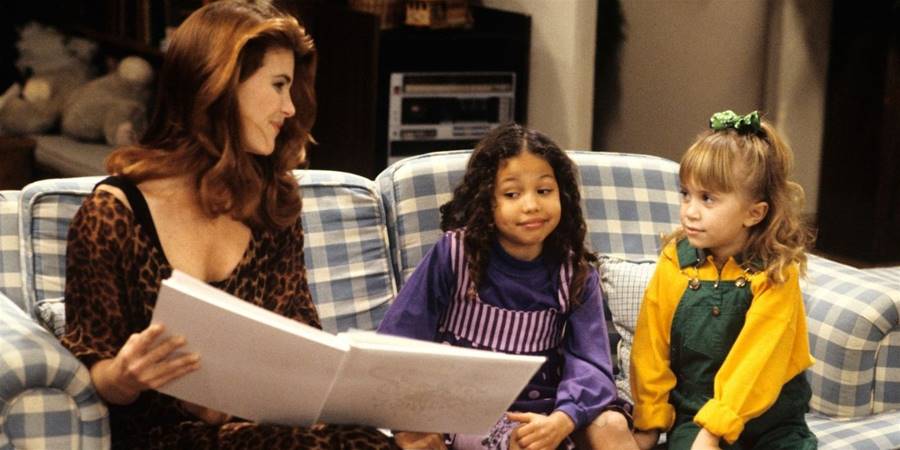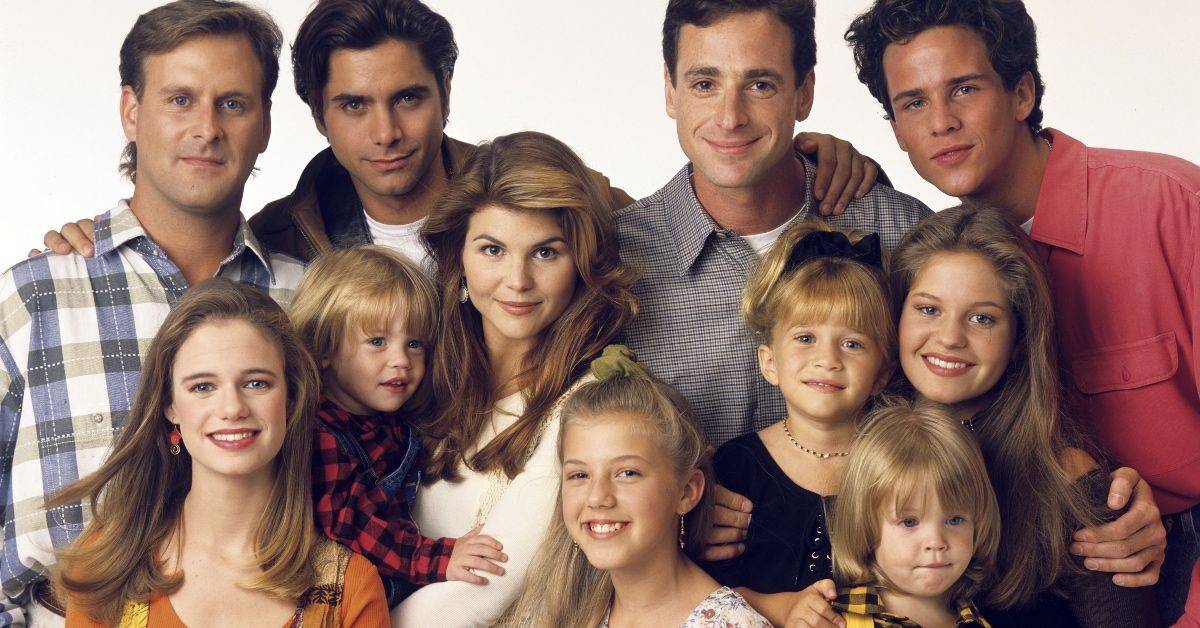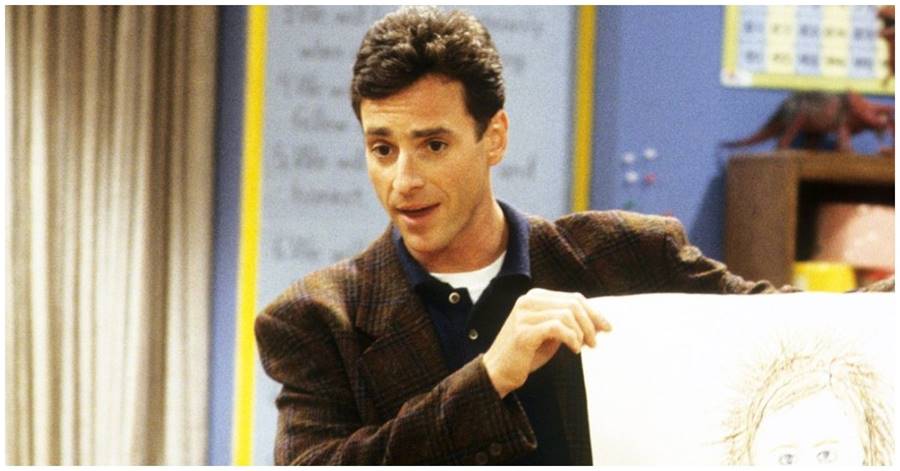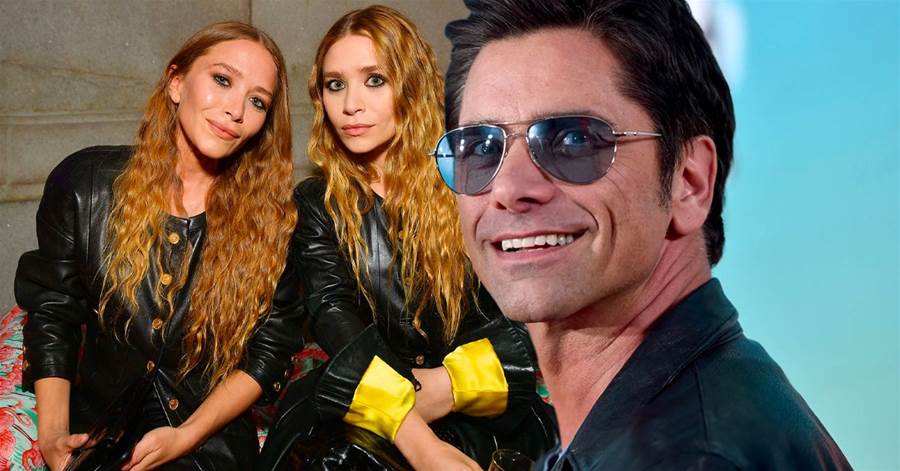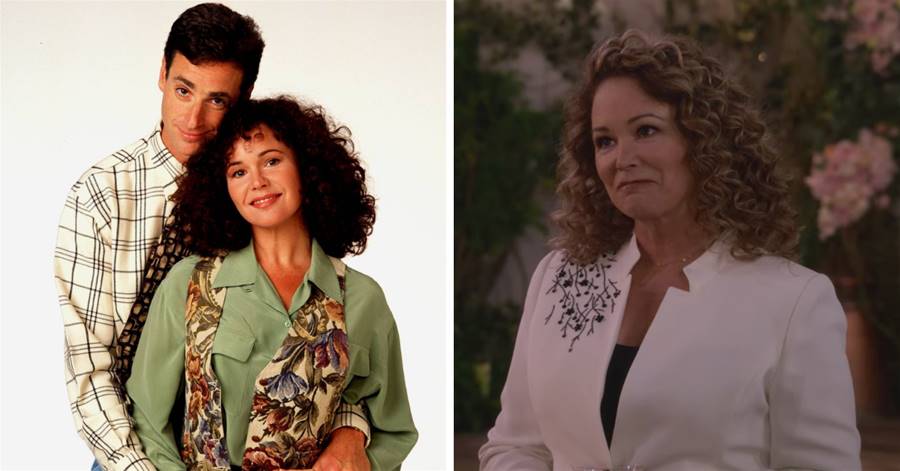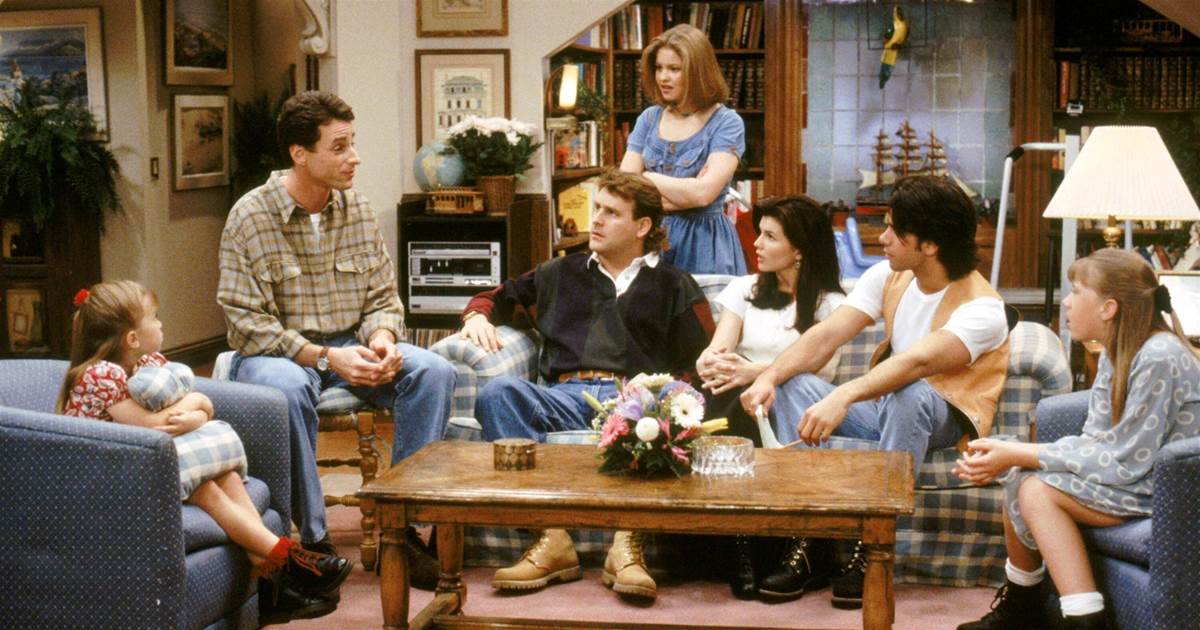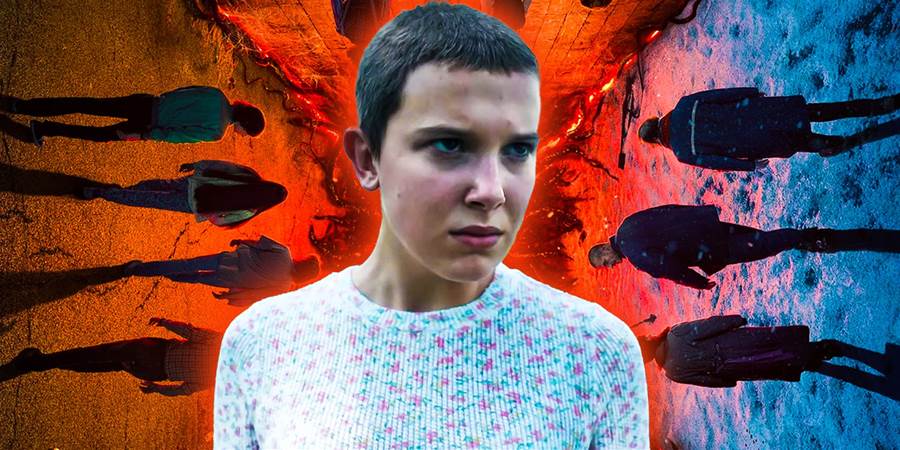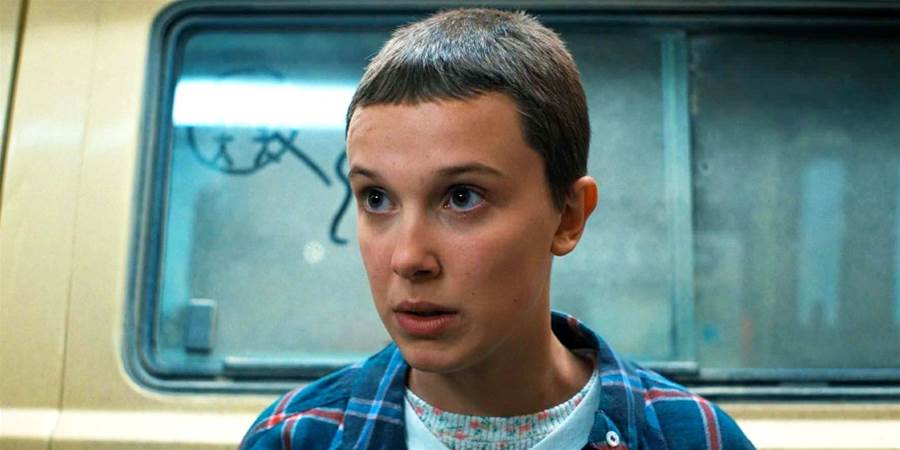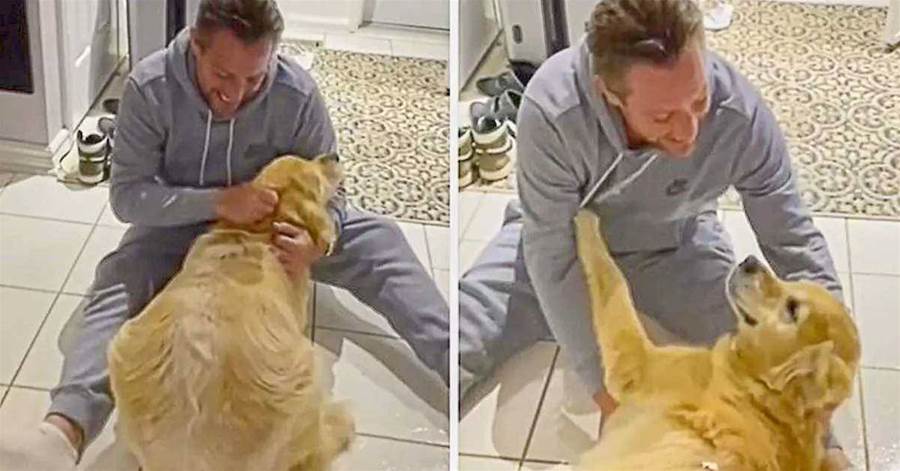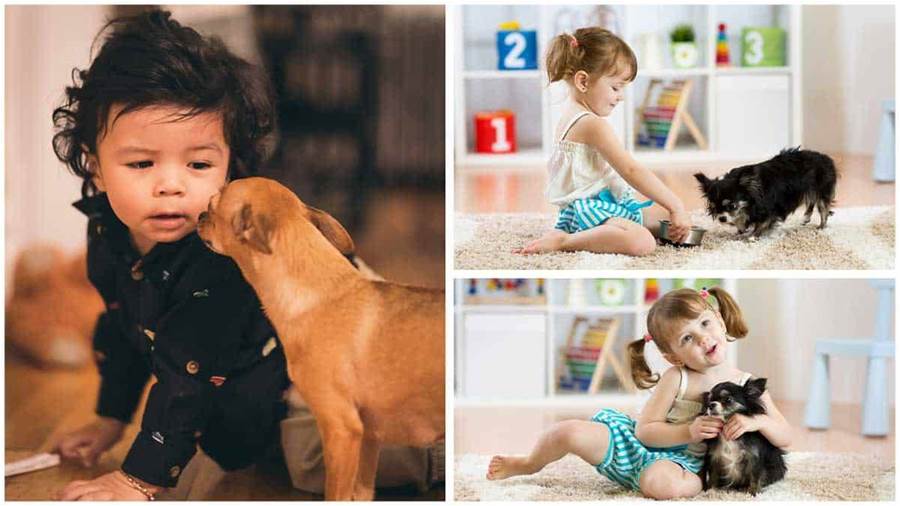
Chihuahua is the smallest purebred dog in the world. Meaning, they’re perfect playmates for children, right? Not so fast. There are things a parent should know before bringing back a Chihuahua to a household with kids. So, here’s whether Chihuahuas are good with kids or not.
So are Chihuahuas good with kids?
Chihuahuas are some of the best companions and lap dogs the canine kingdom has to offer. But even so, they are special and need to be treated with respect. Let’s examine how these dogs can fit into a home with kids.
Have you ever walked past a house and out of nowhere a little Chihuahua pops out and starts barking at you? You may be 25 times bigger, but that doesn’t stop them! We call this the small dog syndrome – as commonly seen in Chihuahuas.
When dogs are as small as the Chihuahua, they often act bigger than they are. In fact, they’ll bark or potentially show aggression in the face of a much larger dog or rowdy kid. But in reality, it’s just how they “defend” themselves.
The most well-known quality of Chihuahuas is their loyalty. Though small in size, this dog won’t back down easily if he or she perceives a “” to the family, including the kids. They stand their ground as if they’re 80-pound dogs.
For this reason, they’re one of the most dignified and . So while they may not be the best protectors, they’re excellent watchdogs. It’s difficult to get past a Chihuahua with its perpetually-erect ears and vigilant demeanor.
But, training a Chihuahua is entirely possible.
With the confidence, sassiness, and loyalty of the Chihuahua, also comes stubbornness or independence. Yes, they’re known to be a little difficult to train for obedience. They’re notoriously hard to housebreak.
But don’t mistake this for low intelligence. They’re actually than you think – you just need more patience and consistency with them. Just remember this: Chihuahuas really want two things – love and attention. And, training a Chihuahua with these things in mind is easy.
Chihuahua is one of the most popular dog breeds in America.
In fact, the consistently has them as one of the top 40 dog breeds in the USA! With their prevalence among families in America, there be a reason why right?
It’s because, with the right approach and training, Chihuahuas are wonderful and loving dogs for both children and adults. Here are some top reasons why these small dogs can get along great with your kids. Granted, that’s after training a Chihuahua.
As mentioned, these dogs will protect their own like any other dog breed. Or at the least, they will try to fend off any threats. That’s because Chihuahuas tend to be alert and can sometimes be loyal to a fault.
It’s both good and bad.
For instance, the good news is that you know your Chihuahua will look after your kids at the home. They’re small, but don’t brush off their alertness. If something feels off, they’ll definitely let you know with a string of barks.
However, the bad is that Chihuahuas are likely to suffer from “.” As we already discussed, it’s when a small dog needs to compensate for its small size by acting much bigger than they actually are.
Chihuahuas will act big by barking and standing their ground when faced with intimidating dogs, people, threats, and whatever makes them nervous. But don’t let that discourage you, as there are ways to train this habit out.
The key is to find a balance. Although you don’t want your Chihuahua barking at everything and anything, most parents can appreciate asecond pair of eyes on their kids. And, that’s exactly what a Chihuahua can provide.
Chihuahuas may be small and fragile, but it’s not always a bad thing. As the smallest purebred, a Chihuahua can weigh between 3 to 7 pounds. In addition, they’ll likely stand no more than 8 inches tall at the shoulders.
It doesn’t matter if your large dog is the sweetest in the world without a single aggressive bone in his body. Accidents can still occur.
For a big dog, a simple tail whack to the face or a small shove can send your small kid into tears.
The good news is that Chihuahuas aren’t capable of unintentionally hurting a child. They’re just simply to do any serious damage. However, they may strike back at a child if he or she is too rough with them.
Sure, Chihuahuas can be nervous and anxious at times. Though at the end of the day, these dogs are playful little companions. After all, the Chihuahua was bred by the Aztecs to be superb companions and lapdogs.
If your kids enjoy a nice day lounging with a dog by their side, then the Chihuahua is the perfect fit.
Because they’re so loyal, they’re up for whatever you are. On the other hand, they’re willing to get outside and have some fun.
For a small breed, they’re pretty active dogs. They’re able to keep up with most kids for light activities, such as , , and sometimes . And if you’re curious, here are some ideas on how you can play with them.
These are all great activities that your children can play with a Chihuahua. It’s not as intensive, so it’s perfect for both parties! Just make sure that the kids learn how training a Chihuahua works. They should treat the small dog with respect, even during playtime.
Not only will these activities keep your Chihuahua in good shape, but it’s a great way for your kids to develop a good relationship with the dog. is important with Chihuahuas, so let them play together frequently!
Though Chihuahuas can make great companions for kids of all ages, it’s not always a guarantee, especially if you don’t know what to look out for. Here are some real pitfalls that parents should be aware of when bringing home a Chihuahua.
Be extra carefulwhen the dog is approached by strangers – especially if those strangers are small unfamiliar kids.
They may be small, but they’re feisty dogs that can still cause significant harm to small children.
Just because your Chihuahua gets along great with your children, doesn’t mean they will with your children’s friends. They may be loyal and sweet to your kids, but Chihuahuas may not be the same to someone else’s kids.
Unless your Chihuahua is super well-socialized with children, I’d try to avoid this encounter. You will need to provide plenty of socializing with all types of kids early on. And even then, you may want to keep a close eye on all interactions.
There is no guarantee of safety with any dog breed.
Chihuahuas have been known to react poorly around strangers, especially if rough play is involved. Their wariness with strangers will only increase their anxiety and stress.
Children can be fragile and small, but not as much as Chihuahuas. Weighing roughly 5 pounds, these dogs are as small and fragile as they come. With that said, rowdy and overly energetic children should not be playing with these dogs.
This is especially true if the kids are not old enough to learn how to respect the dog. As parents, we know how rough and clumsy kids can be. Even if they don’t mean to hurt the dog, they can unintentionally hurt the dog if they’re not careful.
A good way to protect the Chihuahua during playtime is to lay some ground rules on the child and dog can play with one another (we’ll discuss more on this later).
If you can control your children’s actions (yes I know, it’s tough with them), then you’ll have a much better shot at creating a safe space for both the dog and kids. With small dog breeds, it’s even more important to “train” the kids.
That being said, Chihuahuas are best for children older than 10 years of age. Even so, you can make it work with a younger child. Just remember that if children hurt the Chihuahua, it’s only natural for them to
out of self-protection.
Chihuahuas may be a great fit for families with toddlers or infants. According to the Bark Post, Chihuahuastop the list of “dogs that bark the most.” Many will yap away at the slightest of sounds happening outside the home.
And if you’ve been a parent for long enough, you already know that loud sounds and babies do not mix well. Even if your Chihuahua is , they can and start barking in certain situations. It’s just in their nature to bark.
However, there are training tactics and methods you can use to minimize barking in these dogs.
It require plenty of work that new parents may not have time for. It’s why I don’t suggest these dogs for families with newborns.
Rather, you should wait for the baby to grow older before bringing one home. Also, you would not want your baby to play with a Chihuahua anyway. Babies likely have no awareness of the actions that hurt the dog. And, you can’t really blame them for it.
If the baby does something to cause pain or discomfort to the Chihuahua, the dog may just retaliate by biting back. It’s a situation that no parents want to experience, but happens all the time. The good news is that it can easily be avoided.
Either you avoid all physical interactions early on, or you keep a close watch at all times. Don’t leave you, baby, with the dog and film the moment, like so many parents, do. And if you can wait until they’re older, that would be the safest bet.
Making the relationship work between a child and Chihuahua can be a little tricky. Often times, it’s not a “match made in heaven” from the very start. It requires some time, effort and patience.
Fortunately, there are steps you can take to prepare your Chihuahua for your kids (and vice versa). From asking real parents with Chihuahuas, here’s our top tips.
is one of the most important steps when it comes to raising them with your Chihuahua. Children need to be trained on to act around the fragile little dog. Otherwise, the dog may defend himself with aggression.
For instance, there should be absolutely no rough play with the Chihuahua. This needs to be a strict hard rule for them. If they can’t control themselves or understand this, it’s better to wait until they’re older or more mature.
Each household may not have the same rules, as both kids and the dog can vary in personality and temperament. So we leave that up to you.
However, rules such as the following may make sense:
Not all rules will apply in every situation. Plus, there may be more rules you’d want to enforce with your kids. Do so as you see fit.
It’s also a good idea to your kids how to act around the dog. Children, like most dogs, are excellent visual learners. That said, the best way to implement these household rules is if you follow them as well.
Socialization is one of the most crucial parts of training for your Chihuahua. Not only is it crucial to train them with children, but also with other dogs.
And according to The Spruce Pets, the most critical period for training a Chihuahua will take place between weeks 8 and 16.
During this time, they’re less scared of others and won’t likely develop anxiety or stress in situations.
The golden period of socializing means that the Chihuahua will be more willing to learn from the environment and accept others. So, it’s important they meet as many kids (of all ages) and dogs as possible early in their lives.
Just like with your own kids, you must “train” the other children to properly handle and play with your Chihuahua. Give them a quick run-down of the rules. There should be absolutely no rough play with a fragile small dog.
When you’re training a Chihuahua puppy, it’s important that you
all interactions for the time being. One terrible experience is all it takes to potentially traumatize the dog, thus making future interactions more difficult.
The key is to try to present children in a positive light. The more opportunities they get to play and interact with children, the more likely they’ll feel comfortable around new children.
Chihuahuas are undeniably special dogs that can easily make a life-long friend to a child. And while they may not be ideal for families expecting babies, they do well with children if you take training a Chihuahua seriously.
As long as you’re willing to put in the work to foster your dog’s relationship with the kids, you’ll have a happy and healthy family companion for years to come. After all, Chihuahuas are some of the most popular family dogs for a reason.
Remember that these dogs were literally developed for companionship. It’ll take some work to create an ideal environment. However, if your family can make it to the end by properly training a Chihuahua, the reward will be well worth the journey.
I highly recommend these dogs for responsible parents and children. And despite what others may say, it is absolutely possible for them to become superb playmates with your children.
Do you own a Chihuahua with kids? Let us know how their relationship is in the comments section below. Also, do you have any tips for parents with Chihuahuas?
Source:
